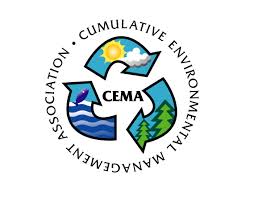Cumulative Environmental Management Association Sends Government Agencies Traditional Knowledge Framework to Improve Aboriginal Consultation

Traditional knowledge framework documents prepared by CEMA and sent to the federal and provincial government agencies is designed to improve aboriginal consultation while protecting the environment and the economy. The full report was created with the goal of recommendations for groups who are involved in indigenous consultation, and it helps to explain that what the governments and experts may dismiss as pseudoscience may actually have some scientific value after all. According to Firelight Group consultant David Thompson “A community member might say to us that this river is home to a spirit and my grandparents told me if we don’t behave properly, the water levels shrink and the fish don’t come back. Contemporary western science might tell us that interfering with the flow regime or tampering with the spring runoff won’t provide the needed water levels for fish to spawn and live. Sometimes you look at this and it’s just in a different language.”
The traditional knowledge framework documents created to improve the aboriginal consultation process involves 29 pages of suggestions and recommendations which should be implemented. Some cover short term goals while others look at goal that have a much longer term. The report also includes a number of responsibilities for the oil industry, federal and provincial governments, and the indigenous communities affected. There is something missing though, a practitioners guide that has ecological knowledge that is specifically compiled for the oilsands area. This part of the report was held back for the initial report, and according to Daniel Stuckless the president of CEMA “The second part is in an unapproved, unbudgeted work plan and will sit there until it gets funding. It was removed to keep it less complicated and for time. It may not get finished, at least by CEMA.”





